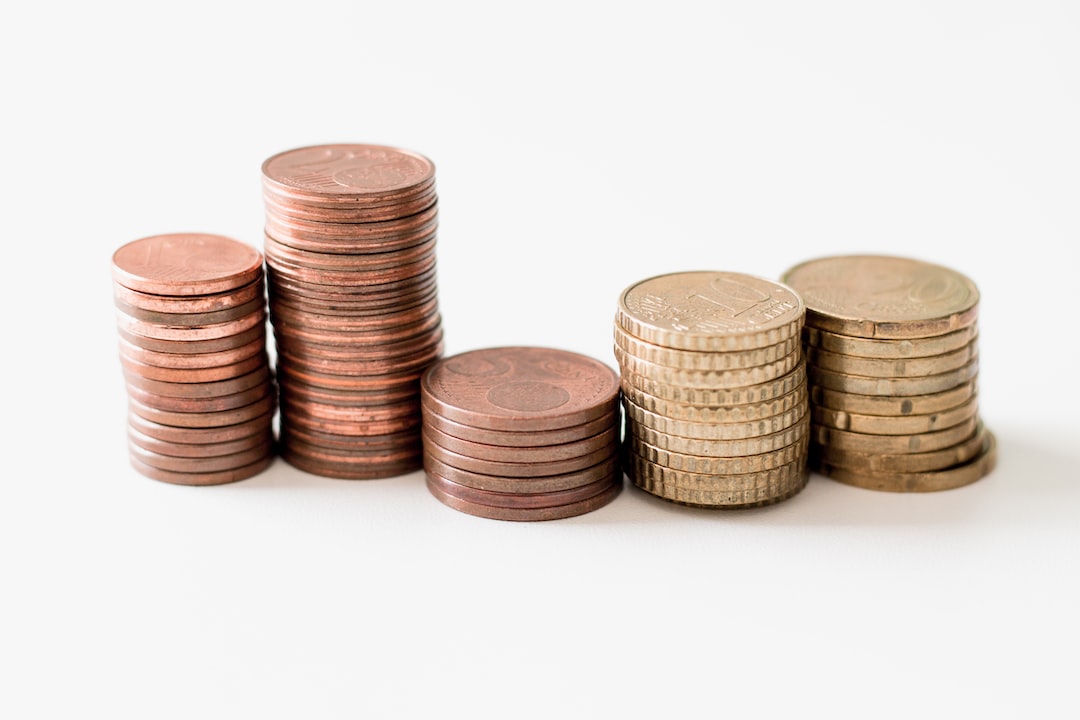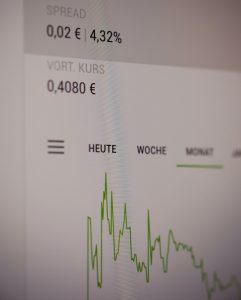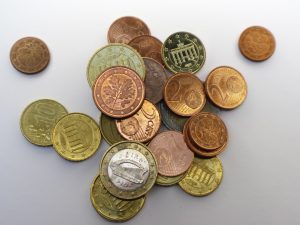The forex market, also known as the foreign exchange market, is the largest financial market in the world. It is where currencies are traded 24 hours a day, five days a week, and involves trillions of dollars in daily transactions. This market is not governed by any single entity, but rather it is a decentralized market where various participants interact with each other to determine the exchange rates of different currencies.
In this article, we will explore the different participants that make up the forex market and how they govern the market.
Central Banks
Central banks are one of the most powerful participants in the forex market. A central bank is a financial institution that manages a country’s currency, money supply, and interest rates. In the forex market, central banks can influence exchange rates through their monetary policy decisions, such as interest rate adjustments, quantitative easing programs, and foreign exchange market interventions.
For example, if a central bank decides to lower interest rates, it can make the currency less attractive to foreign investors, leading to a decrease in its value. On the other hand, if a central bank intervenes in the forex market by buying or selling currencies, it can influence the exchange rates of those currencies.
Commercial Banks
Commercial banks are also important participants in the forex market. They act as intermediaries between buyers and sellers of currencies and provide liquidity to the market. Commercial banks make profits by buying currencies at a lower price and selling them at a higher price, taking advantage of the difference between the bid and ask prices.
Furthermore, commercial banks also provide forex services to their clients, including currency exchange, hedging, and international payments. The forex market is essential for commercial banks because it allows them to manage their foreign exchange risk and provide services to their clients.
Investment Firms
Investment firms, also known as hedge funds, are another participant in the forex market. They are specialized in managing large amounts of money on behalf of their clients, such as pension funds, endowments, and wealthy individuals. Investment firms can use various strategies in the forex market, such as technical analysis, fundamental analysis, and algorithmic trading.
Investment firms can influence the forex market by buying or selling large amounts of currencies, which can have a significant impact on exchange rates. However, investment firms are subject to market risks and can suffer losses if their trades do not go as planned.
Retail Traders
Retail traders are individuals who trade currencies for their own account. They use online platforms provided by forex brokers to access the forex market and make trades. Retail traders can use leverage, which allows them to control large positions with a small amount of capital.
Retail traders can influence the forex market with their trading activity, especially if they trade in large volumes. However, their impact on the market is relatively small compared to other participants, and they are subject to market risks and volatility.
Conclusion
In conclusion, the forex market is a decentralized market where various participants interact with each other to determine exchange rates. The market is not governed by any single entity but rather is influenced by the actions of central banks, commercial banks, investment firms, and retail traders.
Understanding the different participants in the forex market is essential for traders and investors to make informed decisions and manage their risks. The forex market is a dynamic and complex market that requires continuous learning and adaptation to stay ahead of the competition.





